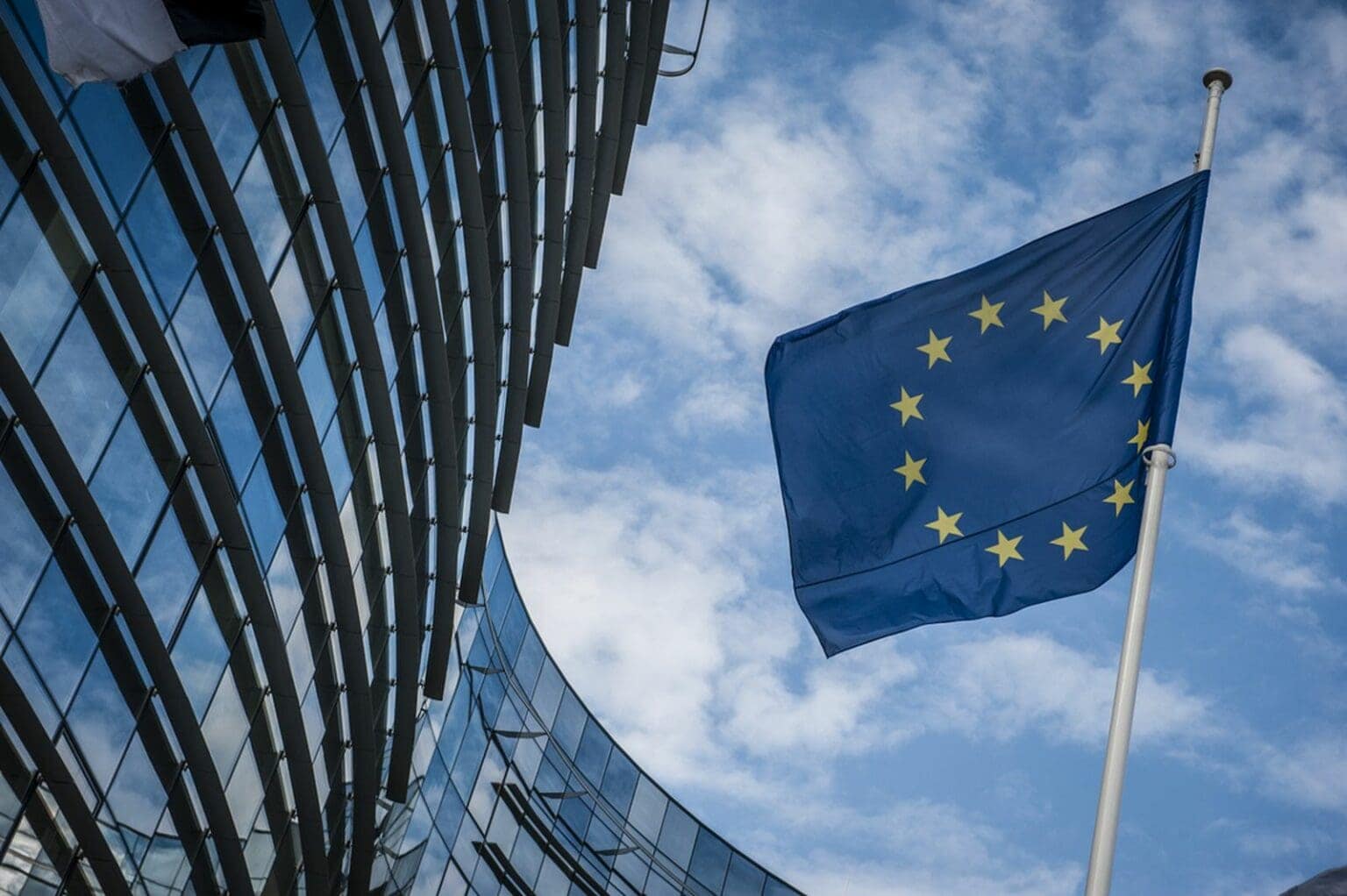Apple officially filed an appeal against the European Union’s Digital Markets Act interoperability requirements Friday. That’s no big surprise, and neither is the reason why. Apple argues the regulations pose significant privacy and security risks to iPhone users, while also stifling innovation.
Apple submitted its challenge to the EU’s General Court in Luxembourg, targeting the commission’s March decision that requires Apple to make iOS more compatible with rival products, including smartwatches, headphones and VR headsets.
Apple appeals EU interoperability rules, citing privacy risks
Under the controversial regulations, Apple must grant third-party developers access to iOS features typically reserved for its own products. This includes allowing notifications to appear on competing wearable devices, enabling faster data transfers and making device pairing easier for non-Apple hardware. This follows a recent EU fine against Apple for $570 million. The EU’s Digital Markets Act aims to open up Big Tech to more competition. It enforces a broad spectrum of changes, with hefty fines for noncompliance.
The March announcement established a timeline requiring Apple to share iOS notifications in a beta version by the end of 2025, with a complete implementation by June 2026. Similarly, Apple must facilitate automatic WiFi network connectivity to third-party devices by the end of 2025.
Apple’s privacy concerns
Apple’s primary objection centers on what it sees as unprecedented access to sensitive user data. The company specifically highlighted requests from competitors seeking access to notification content and complete WiFi network histories. That’s information Apple says “even Apple doesn’t see” because it’s processed on-device and stored in encrypted form.
“At Apple, we design our technology to work seamlessly together, so it can deliver the unique experience our users love and expect from our products,” Apple said in a statement. “The EU’s interoperability requirements threaten that foundation, while creating a process that is unreasonable, costly, and stifles innovation.”
The company argues that while Apple maintains strict privacy standards for this data, the DMA doesn’t require third-party companies to commit to the same level of protection.
Industry pushback and compliance efforts
Companies like Meta, Garmin and Spotify have pushed for these changes, arguing that Apple’s restrictions serve as barriers to entry for iPhone customers. They contend that access to this data would allow them to compete more effectively with Apple’s integrated ecosystem of devices like the Apple Watch and AirPods.
Notably, Apple revealed that Meta has made more interoperability requests than any other company, including some that appear “completely unrelated” to Meta’s software or devices.
Despite its objections, Apple dedicated 500 engineers to DMA compliance efforts and launched a developer portal for interoperability requests. The company faces potential fines of up to 10% of its worldwide annual revenue for violations. The Commission maintains the power to order business breakups in extreme cases.
Apple appeals EU interoperability rules: What happens next
With the appeal deadline having passed at the end of May, it will likely be several months before the EU reaches a final judgment. If the EU’s original order remains in place, Apple users can expect to see initial support for these interoperability features as part of an iOS update by the end of 2025.
This appeal represents the latest chapter in Apple’s ongoing tensions with EU regulators, as the company continues to advocate for what it sees as user privacy protection while facing pressure to open its ecosystem to competitors.


